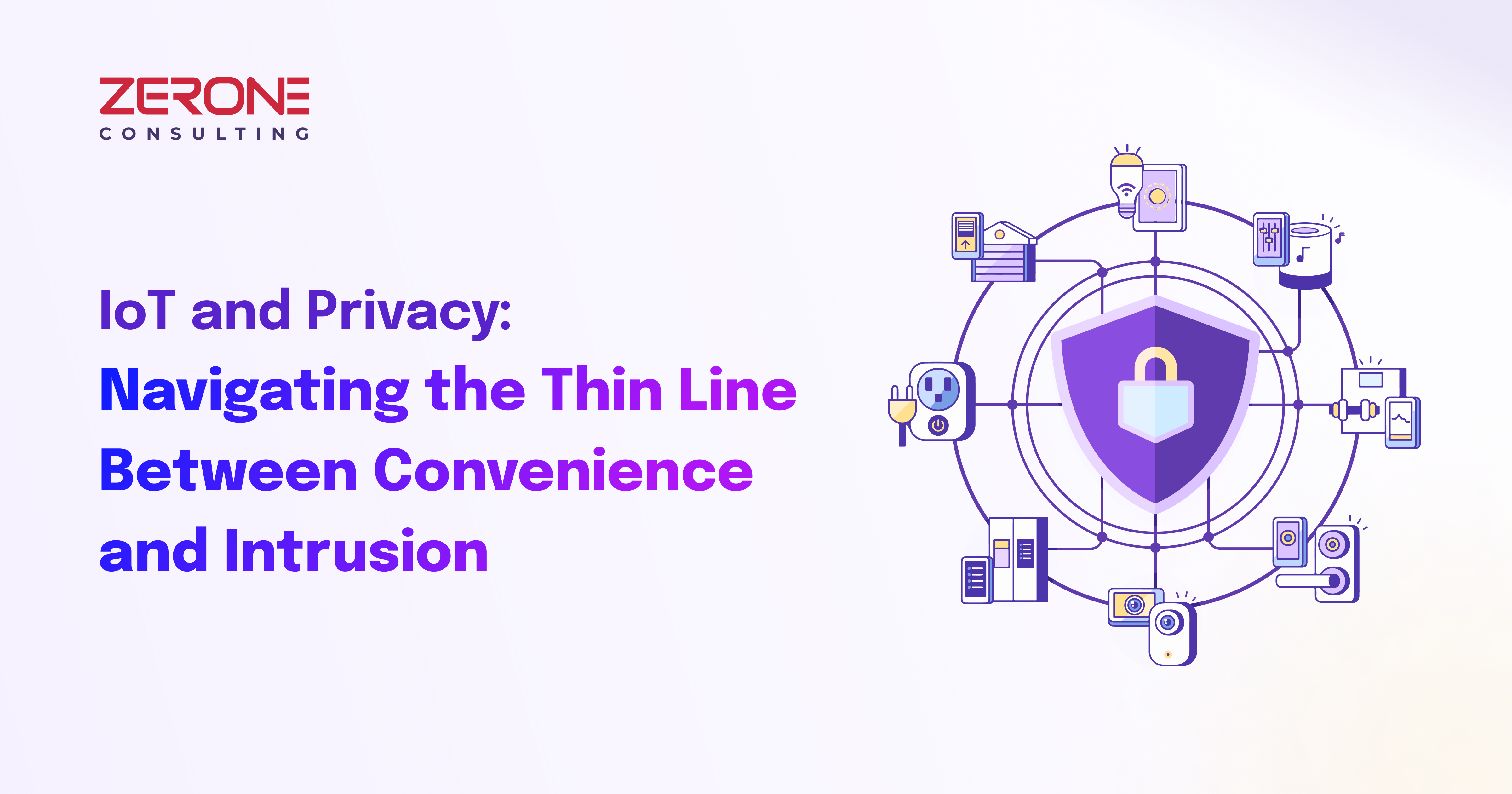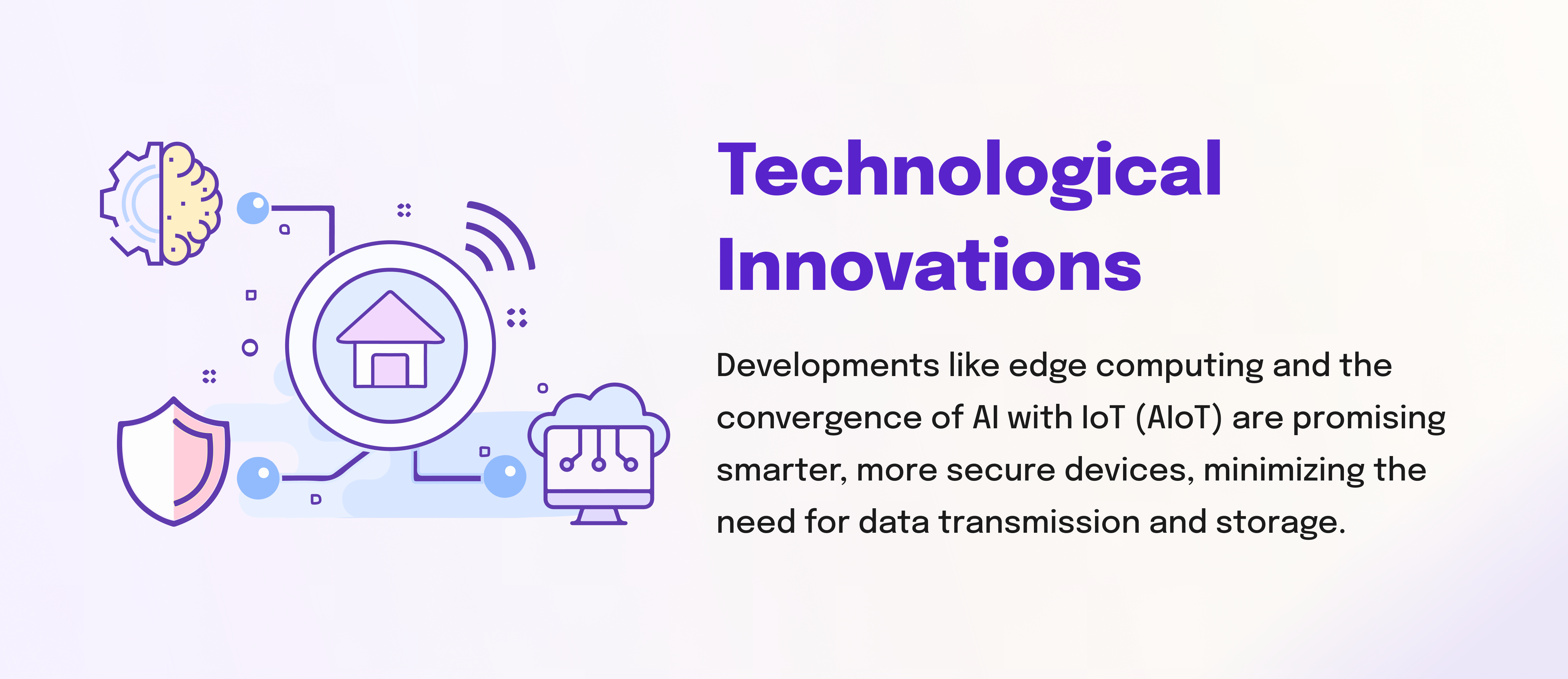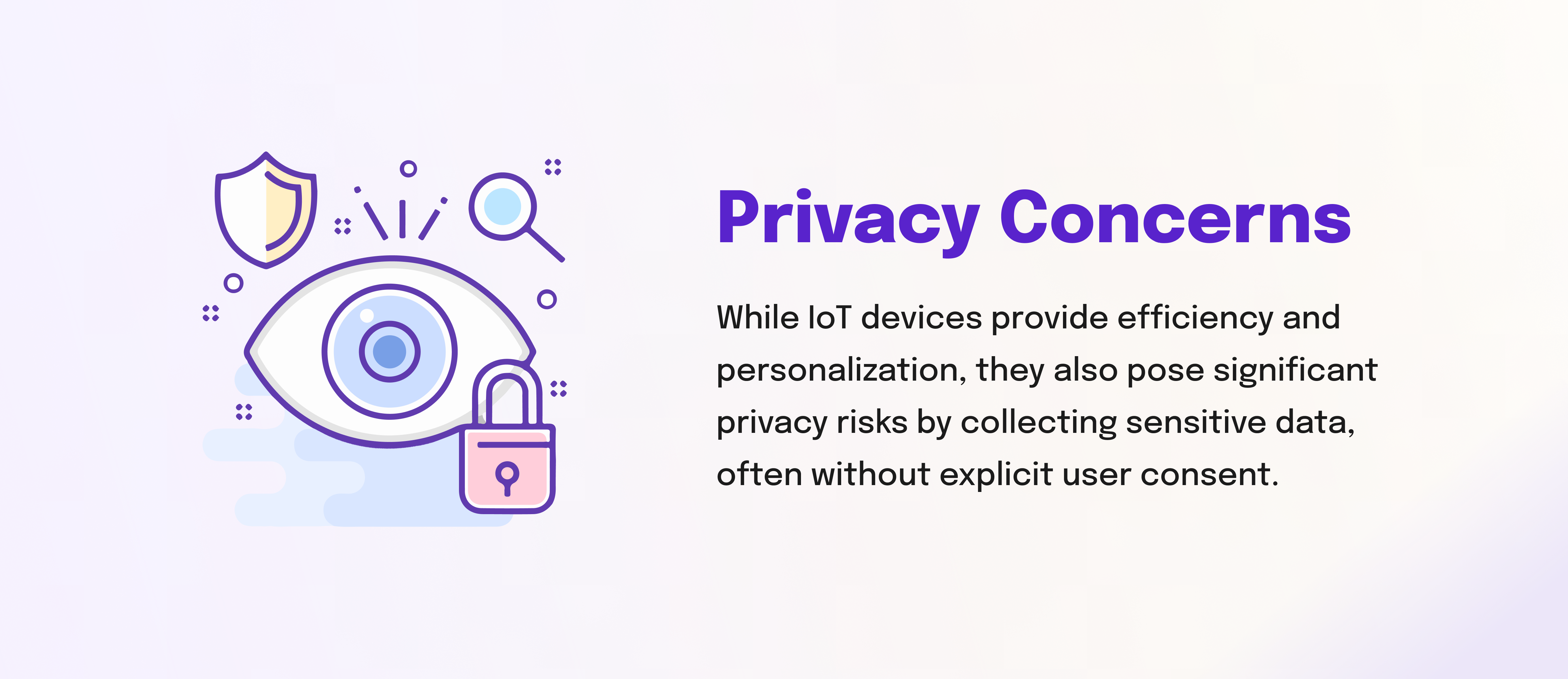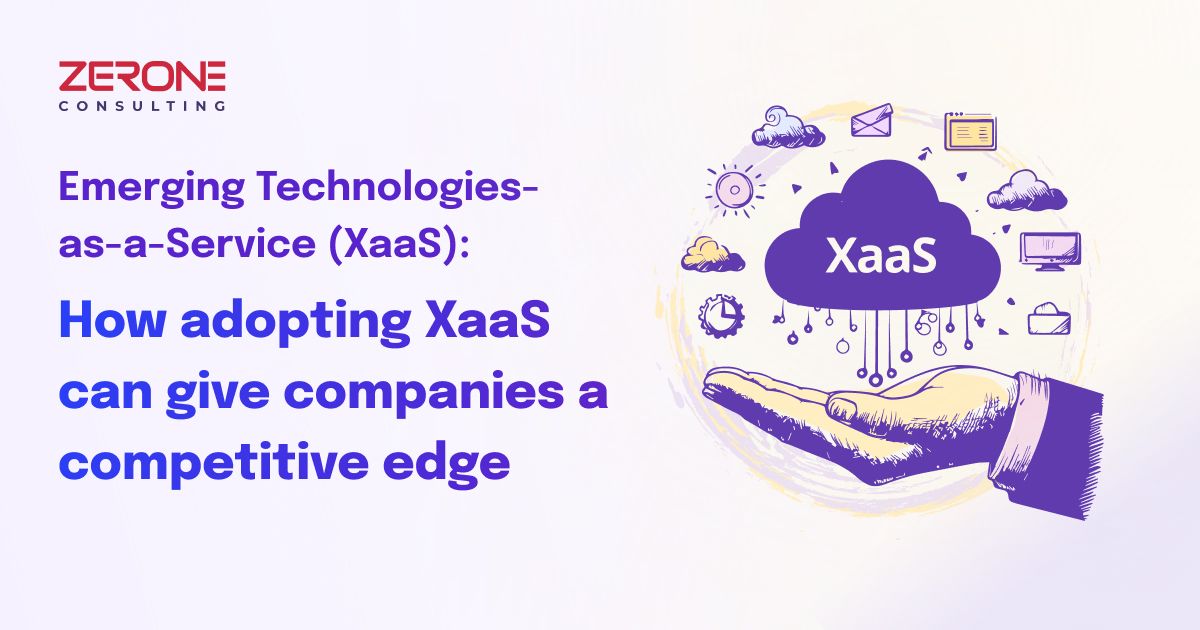IoT and Privacy: Navigating the Thin Line Between Convenience and Intrusion
In the digital age, the Internet of Things (IoT) is reshaping our world, connecting everyday objects to the internet and each other. From smart thermostats controlling the temperature to fitness trackers monitoring our health, IoT devices offer unprecedented convenience. However, this convenience may come at the cost of our privacy. As we integrate more IoT devices into our lives, it's crucial to explore how we can balance this tightrope walk between convenience and intrusion.

The Allure of IoT: A World of Convenience
IoT has seamlessly woven itself into the fabric of daily life. A report by Statista predicts that by 2025, there will be more than 75 billion IoT-connected devices worldwide. These devices are not just gadgets but solutions to real-world problems, offering energy efficiency, health monitoring, and personalized experiences. They collect vast amounts of data, making our lives easier and more efficient. However, the question arises: at what cost?
The Privacy Paradox: When Devices Know Too Much
As IoT devices collect and transmit data, they also raise significant privacy concerns. A study by Pew Research Center revealed that 74% of Americans feel it's very important to be in control of who can get information about them. Yet, IoT devices can track, record, and store personal information, often without explicit consent or awareness. This data can include sensitive information about our habits, health, and even our financial transactions.
The recent developments in IoT have shown both the potential for innovation and the need for cautious optimism. Companies like Apple and Google are investing heavily in privacy-focused IoT technology, aiming to provide convenience while respecting user privacy. However, the landscape is complex, with incidents like the infamous Ring camera hacks underscoring the vulnerability of IoT devices.

The Future of IoT: Striking a Balance Between Innovation and Security
The Internet of Things (IoT) continues to evolve at a breakneck pace, promising revolutionary changes across various sectors. However, this rapid growth brings its own set of challenges, particularly in security, privacy, and regulation. Let's explore how the future of IoT is being shaped by these critical factors:
Enhanced Security Measures in IoT
As IoT devices proliferate, the security of these interconnected systems becomes paramount. Companies are not just acknowledging this necessity; they are actively innovating to safeguard IoT ecosystems.
-
Advanced Encryption Technologies: Businesses are integrating more sophisticated encryption methods to protect IoT data. This includes quantum-resistant algorithms to future-proof IoT security against emerging threats such as quantum computing.
-
Blockchain for IoT Security: Blockchain technology is being increasingly adopted for IoT security due to its decentralized and tamper-resistant nature. It ensures data integrity and provides a transparent audit trail for all transactions within the IoT ecosystem.
-
AI-Driven Security Solutions: Artificial Intelligence (AI) is being employed to detect and respond to security threats in real-time. AI algorithms can analyze vast amounts of data from IoT devices to identify patterns indicative of cyber attacks, enabling proactive threat management.
Regulatory Frameworks Guiding IoT
Regulatory frameworks are crucial in shaping the responsible development and deployment of IoT technologies.
-
Global Data Protection Regulations: Following the GDPR, many countries and regions are instituting stringent data protection laws. These regulations enforce better data handling practices and ensure user consent for data collection, thus protecting consumer privacy.
-
Standardization of IoT Protocols: Efforts are underway to standardize IoT protocols and guidelines. This standardization will not only improve interoperability among devices but also ensure that security measures are integral to IoT device design.
Rising Consumer Awareness
The digital literacy of consumers is rising, leading to more informed decisions regarding IoT devices.
-
Demand for Transparency: Consumers are increasingly demanding transparency in how their data is collected and used. This shift is pushing companies to adopt more user-friendly privacy policies and provide users with more control over their data.
-
IoT Devices with Privacy Controls: Manufacturers are responding by creating IoT devices that offer greater control over privacy settings, allowing users to customize their data sharing preferences.
The Role of Edge Computing in IoT
Edge computing is becoming a vital component in the IoT landscape, primarily addressing data privacy and latency issues.
-
Data Processing at the Edge: By processing data locally on the device or near the device, edge computing reduces the volume of data transmitted over the network, mitigating the risk of data breaches.
-
Reduced Latency: Edge computing enables faster data processing, which is crucial for applications requiring real-time decision-making, such as autonomous vehicles and industrial automation systems.

Embracing IoT with Awareness and Responsibility
As we stand at the crossroads of innovation and privacy, it's evident that the journey of IoT is about navigating complexities. The path forward involves not just technological solutions but a collective effort from businesses, regulators, and consumers.
For businesses, establishing brand authority in the IoT space means not only delivering innovative solutions but also championing privacy and security. It's about building trust through transparency and robust security practices.
For consumers, it's about staying informed and demanding control over personal data. The power of choice remains a potent tool in shaping the future of IoT.
In conclusion, as we embrace the convenience of IoT, let's also champion the cause of privacy. By doing so, we ensure that these technological marvels serve us without compromising what we cherish most – our right to privacy. The future of IoT is not just about smart devices; it's about smart choices – ones that harmonize convenience with the sanctity of our personal space.
We can help!
Navigating The Post-x Era: Exploring Alternative Social Media Platforms
#Applicationdevelopment
Navigating The Data Migration Surge With Generative Ai: A Strategy For 2024
#Applicationdevelopment



